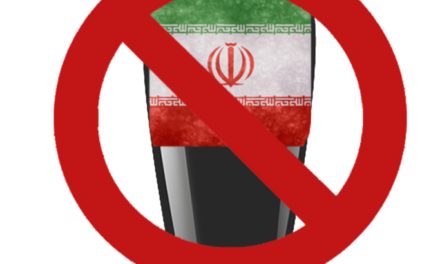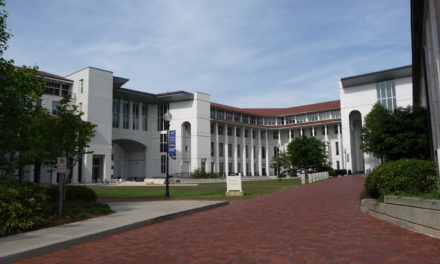As we all know, President Donald Trump was inaugurated yesterday. Unbeknownst to many, however, the day also marked another inauguration much closer to home: the People’s Inauguration. Beginning at Woodruff Park in downtown Atlanta, hundreds of people marched to City Hall and held a press conference, releasing a list of demands to Atlanta’s city government. Event leaders called upon the Atlanta municipality to protect the human rights of its most jeopardized residents.
Atlanta is accustomed to marches. An even larger and more publicized march than the People’s Inauguration is the Atlanta March for Social Justice & Women, held today. But what distinguished the People’s Inauguration was the breadth of its constituents – and the size of its vision. Led by local immigrant-rights activists, the coalition responsible for the People’s Inauguration included diverse organizations with deep histories of struggle for human rights in the metro Atlanta area. Some stakeholders in the coalition and their campaigns include: Black Lives Matter Atlanta, which fights for black people and calls for marijuana decriminalization; Southerners On New Ground (SONG), which fights for queer and trans people of color and advocates municipal court reforms; Georgia Latino Alliance for Human Rights (GLAHR), which fights for undocumented individuals and the cessation of deportee detainment; the Council on American-Islamic Relations: Georgia Chapter (CAIR), which fights for Muslim-Americans and resists registries based on religious, national or racial identity; and labor unions that fight for workers and urge Atlanta to redress wage theft.
The People’s Inauguration was more than just a laundry list, however, of coalition partners and their initiatives. Instead, it represented a freshly-forged solidarity and the launch of a vision for the city of Atlanta. The centerpiece of that vision is the concept of sanctuary city. Into the fray of superheated campaign rhetoric and contested legal definition, the People’s Inauguration demanded that Atlanta declare itself a sanctuary city: a municipal asylum guarding the human rights of its undocumented, black, Muslim, trans and queer, poor and displaced residents. Each of these communities are newly endangered at the dawn of the Trump presidency. In such a time, the People’s Inauguration signals that it will not be enough for Atlanta to be “too busy to hate.” Atlanta must actively be busy against hate. It must center the voices of its most vulnerable and shelter them from the gathering forces of white nationalism and corporatocracy — weaponized white privilege and predatory capitalism.
It behooves an institution like Emory to consider well what part it will play in this moment. 202 faculty and 1,330 students wrote to President Claire Sterk Nov. 20 demanding that Emory protect its undocumented students through several concrete actions including administrative and legal support, protection from Immigration and Customs Enforcement (ICE), and financial aid. Emory seems to be seeking to honor these demands, while complying with federal laws. But even apart from our own institution’s efforts, the people of Emory’s home city are on the march. I encourage concerned faculty, students and staff to make the vision of the People’s Inauguration our charter: to take up its demands as a study document and point of discussion, to discern where its policy actions intersect with Emory University, and to liaise with the coalition’s leaders. The viability of sanctuary on campus and sanctuary in the city are interrelated – perhaps even interdependent.
Collin Cornell is a PhD candidate in the Laney Graduate School from Hammondsport, New York.
Collin Cornell is a PhD candidate in the Laney Graduate School from Hammondsport, New York.





